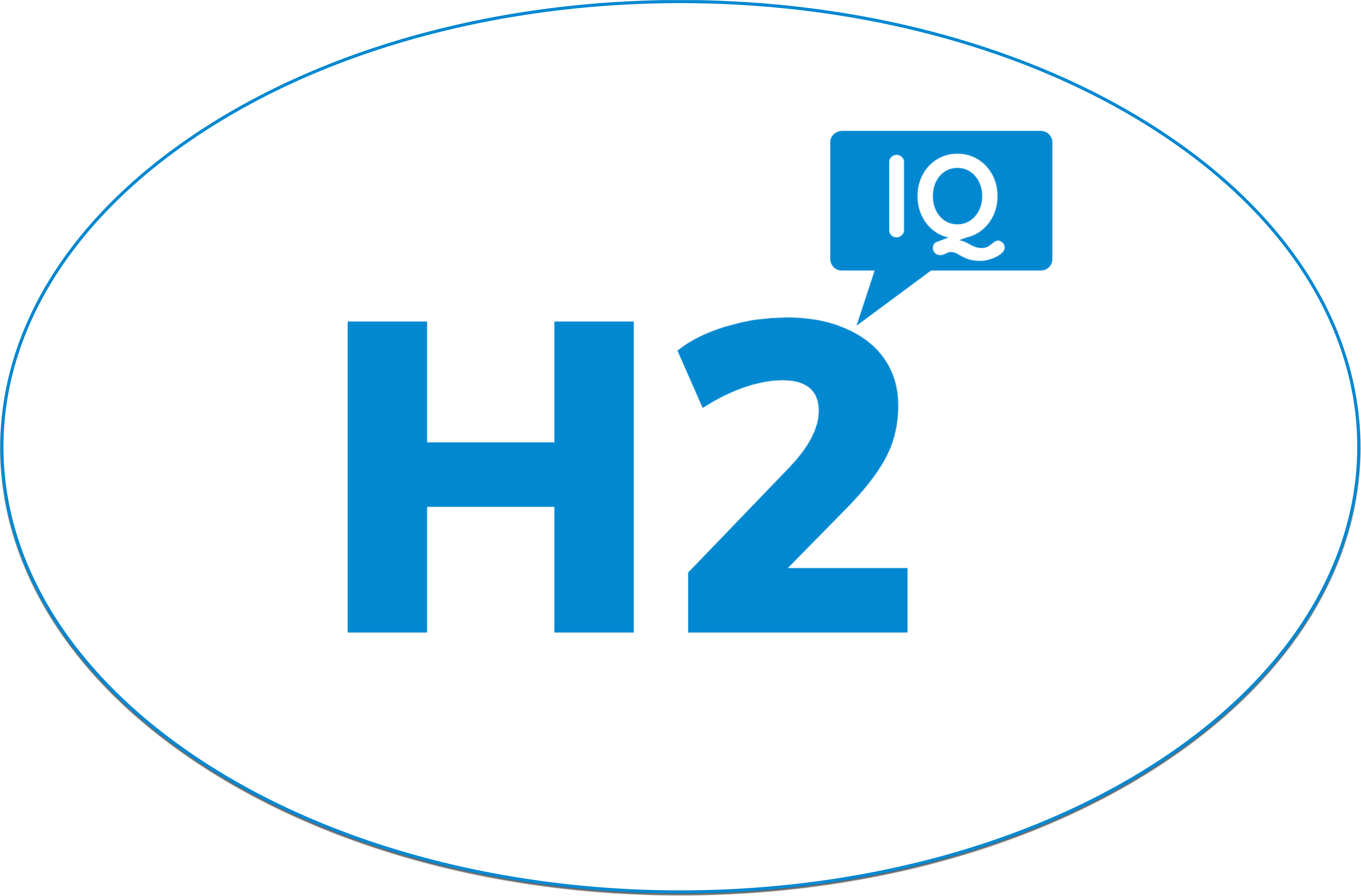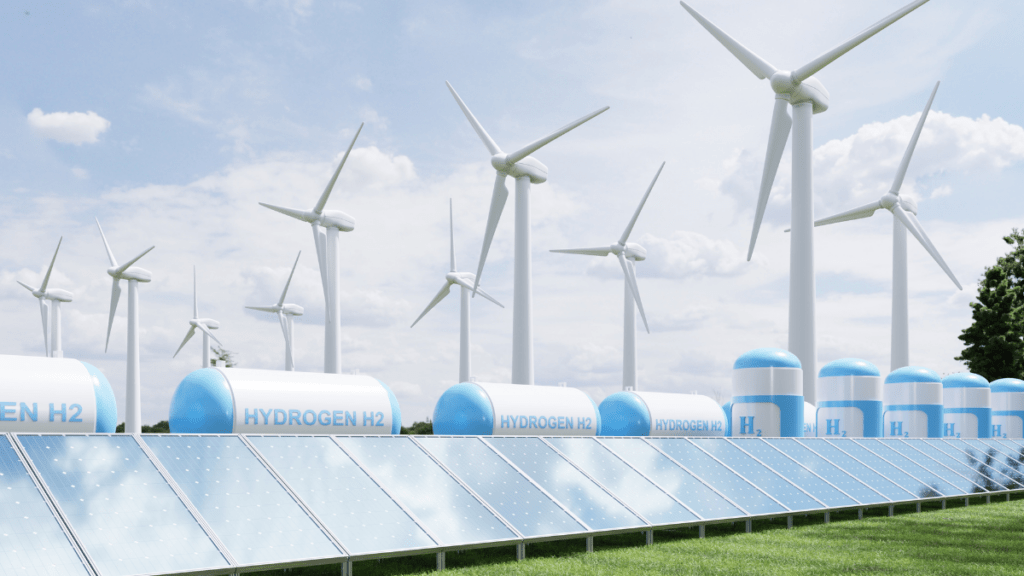
WASHINGTON, D.C. — The U.S. Department of Energy (DOE) today announced nearly $42 million in funding for 22 projects in 14 states to advance critical technologies for producing, storing, and deploying clean hydrogen. DOE also announced $17.8 million to establish a new North American university research consortium that will help states and tribal communities implement grid resilience programs and achieve decarbonization goals. By advancing the performance and cost of clean-hydrogen technologies while supporting grid resilience and decarbonization, DOE continues to make strides toward achieving President Biden’s Investing in America agenda — to reach a 100% clean electrical grid by 2035 and net-zero carbon emissions by 2050.
“Today’s investments are a bold step in addressing some of our hardest to decarbonize sectors — heavy transportation and industry — by working directly with states and tribes to make hydrogen an available clean energy source,” said U.S. Secretary of Energy Jennifer M. Granholm. “Thanks to President Biden’s Investing in America agenda, these bold investments are ensuring the U.S. leads the way in hydrogen technology and other clean energy solutions.”
Clean hydrogen — which is produced with zero or next-to-zero carbon emissions — can leverage all our nation’s clean energy resources, including renewables, nuclear, and fossil resources with carbon capture. Clean hydrogen can also support the expansion of clean electricity by providing a means for long-duration energy storage and offering flexibility and multiple revenue streams to all types of clean power generation — including renewables, today’s nuclear fleet, advanced nuclear, and other innovative technologies. By enabling the development of diverse, domestic clean energy pathways across multiple sectors of the economy, hydrogen development will strengthen American energy independence and accelerate the American manufacturing boom that has already created over 800,000 jobs since President Biden took office.
“I am so excited that Yale was awarded $1.25 million to advance the Department of Energy’s Hydrogen Shot goals,” said Congresswoman Rosa DeLauro (CT-03), Ranking Member of the House Appropriations Committee. “Improving hydrogen technology and the growing use of hydrogen — where Connecticut is leading the charge — will lead to the creation of well-paying engineering, manufacturing, sales, and service jobs – building a new energy economy that will lead us to a brighter future both in our state and across the nation.”
“This award will further the development of advanced solar water splitting technology to scale up production of renewable hydrogen fuel,” said Congresswoman Marcy Kaptur (OH-09), Ranking Member of the House Appropriations Subcommittee on Energy and Water Development. “I am proud to see the University of Toledo continue the Glass City’s tradition of industry leading cutting-edge solar technology innovation. Bringing these advanced materials to market will foster greater growth of domestic supply chains for next generation energy production and will provide good paying jobs for future generations of American workers to come, in northwest Ohio and across our nation.”
Hydrogen Projects
The 22 projects announced today will develop technologies for solar fuels, created by harvesting sunlight. In addition, they will demonstrate higher-density and lower-pressure hydrogen storage technologies, lower the costs of hydrogen fuel cells for medium- and heavy-duty transportation applications, and improve hydrogen-emissions detection and monitoring — addressing potential global warming impacts. Projects selected to improve hydrogen emissions detection will supplement DOE’s well-established and extensive work on hydrogen leakage addressing community concerns about hydrogen emissions and safety, and they will advance the broader field of leakage detection and monitoring technologies.
The projects will be managed by DOE’s Hydrogen and Fuel Cell Technologies Office (HFTO) and will also advance DOE’s Hydrogen Shot goal of reducing the cost of clean hydrogen to 1 dollar per 1 kilogram in 1 decade (“1-1-1”). They will support DOE’s H2@Scale initiative, which aims to augment the affordable production, transport, storage, and utilization of clean hydrogen.
Learn more about the specific projects announced in this release.
National University Research Consortium
Today’s announcement also includes the selection of Stanford University to establish and lead a regionally diverse consortium of universities in Mexico and Canada — including seven Minority Serving Institutions — to decarbonize and improve the resiliency of the electric power system. This consortium will help states, tribes, and regions develop the data, modeling tools, workforce, and methods needed to implement programs to improve grid resiliency, establish decarbonization goals, and prioritize investments to achieve those goals. It will also be critical to addressing cross-border grid dependencies and electrical interconnections.
Learn more about HFTO, the DOE National Clean Hydrogen Strategy and Roadmap, and how the DOE Hydrogen Program is working to support DOE’s mission to address the climate crisis and deliver a clean and equitable energy future for all.
Selection for award negotiations is not a commitment by DOE to issue an award or provide funding. Before funding is issued, DOE and the applicants will undergo a negotiation process, and DOE may cancel negotiations and rescind the selection for any reason during that time.





